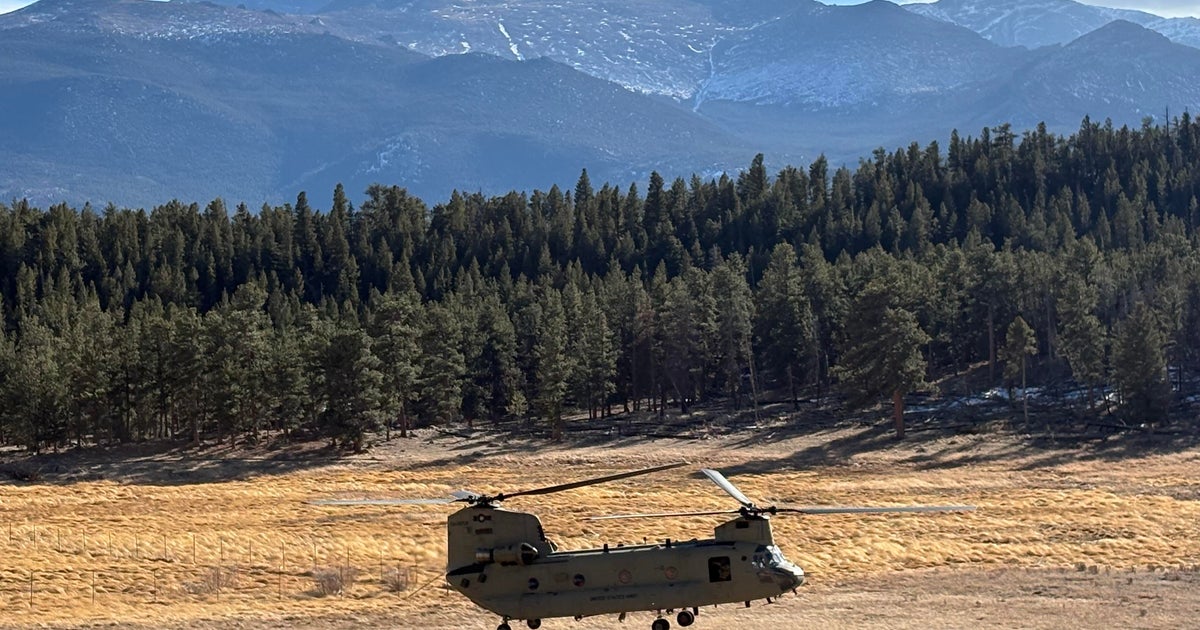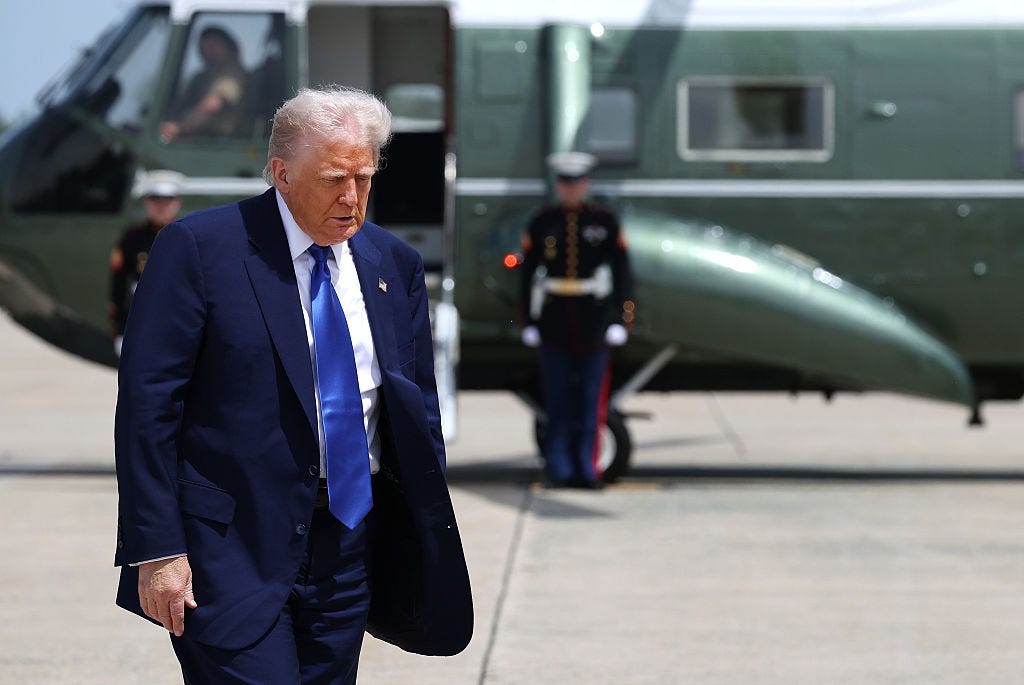What North and South Korea agreed to, and what's next
In a historic overnight meeting, North and South Korea agreed to work toward denuclearizing the Korean Peninsula, and declaring a formal end to the Korean War by the end of this year. North Korean leader Kim Jong Un and South Korean President Moon Jae-in raised their arms in a show of unity. They promised to pursue peace, but left many of the details for later talks.
Expectations were relatively low for the summit, but CBS News correspondent Ben Tracy says it appears the meeting was one of both style and substance. Kim said what the two leaders agreed to on Friday was just the tip of the iceberg, and he said he intends to live up to this agreement.
It's a moment no one could have predicted just a few months ago: After signing their agreement, Kim and Moon were clearly pleased with what they had accomplished. The South Korean president declared a new era of peace on the Korean peninsula.
The two Koreas agreed to officially end the Korean War by the end of the year, resume reunions of families separated during the conflict, and to turn the Demilitarized Zone into what they call a "genuine peace zone." Moon will visit North Korea for a second summit this fall.
The two leaders seemed to have an instant rapport the minute Kim made history by becoming the first North Korean leader to step foot in the South. In a brief diplomatic dance, he invited Moon to cross the military demarcation line back into the North.
South Korea literally rolled out the red carpet for its long-time nemesis, and the two men were often seen smiling and even laughing together. After planting a pine tree, a symbol of peace, they sat alone for a full 30 minutes in what appeared to be an in-depth conversation.
But North Korea agreeing to the denuclearization of the Korean Peninsula was the ultimate goal of this summit. So far there are no specifics as to how or when that might actually happen, or what Kim wants in return.
"The devil is in the details," said In-Bum Chun, a retired lieutenant general of the South Korean Army. He's been surprised by Kim's pivot towards peace.
"Are you buying what he's selling?" Tracy asked him.
"I'm going to give him the benefit of the doubt -- with a certain dose of caution -- so I'm gonna wait and see, and I don't think I'm going to have to wait too long," Chun said.
It is important to bear in mind, says Tracy, that North Korea has agreed to denuclearize before, and then not followed through, so you can expect that U.S. negotiators will be looking to fill in the details of these promises when President Trump sits down for his planned summit with Kim in late May or early June.
CBS News senior national security contributor Michael Morell, a former CIA deputy director and acting director, suggested caution, calling the summit, "all aspirations."
"South Korea can't end the Korean War," Morell said. "South Korea can't get North Korea to denuclearize. Only the United States and the United Nations can do that. So the real work has yet to come."
Mr. Trump, however, appeared optimistic, tweeting Friday morning, "KOREAN WAR TO END!"
He said the people of the United States should be "very proud" of the emerging peace process.



